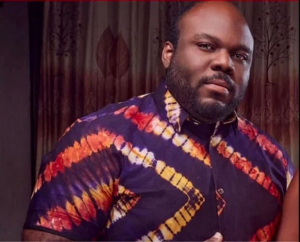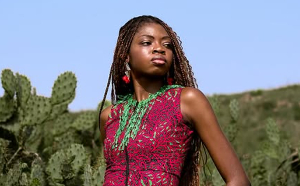The year 2020 might not be outright lousy. It came with some ‘nice’ package(s) as well. This package-‘Covid-19’ led to innovations that challenged the 'business as usual.’ model of doing things. The Mode of teaching in most educational institutions was diversified. With a minimal physical presence, businesses were transacted by the citizens. Virtually, the day to day ‘hustles’ were on cyberspace.
In the political scene, the ‘skirt and blouse’ syndrome equally pulled some ‘shockprises’ in the 2020 general elections. The intensity of these ‘shockprises’ was mostly felt by the various political parties' parliamentary candidates. Like the novel Covid-19, electoral shocks commissioned by the ‘skirt and blouse’ voting pattern are challenging the status of parliament business.
The parliament of Ghana has, over the year, fit into different ideological/populist descriptions, say the ‘rubber stamp and elephant stamp.' This description stems from how the majority of the parliamentary businesses are carried out. Either the parliamentarians scrutinise government policies and bills with verified current information [better still science and data] or act like a traffic warden waving on the traffic. In the eyes of the public, the latter seems to gain ground, hence those descriptions.
The new word which is likely to earn a tag name for parliament is ‘Consensus’. This word has gained currency within several political commentaries, especially concerning how parliamentary businesses are supposed to be carried out. From the way the 'word' is being parroted, you might mistake it to be a newly 'coined' word from a newspeak factory. It seems to be a need vocabulary to be adopted by the parliamentarians, even though some sought to create the impression that consensus building is an old parliament process. Come to think of it; it might exist especially regarding discussing their welfare.
Hope you remembered the infamous ‘Agyabone’ deal and others?
Was there a consensus?
According to the Emeritus Parliamentarian-Kosi Kedem, debates are the blood on which the House thrives. Thus the House is expected to 'debate' on issues brought before them before a final decision, by a vote. To him, a consensus is an exception in the Ghanaian kind of parliamentary culture. This exception could be valid because earlier parliaments have clear cut majority and minority causes ( not groups as it is the ‘temporal’ case now). And as the saying goes, the minority have their say; the majority have their way. This majority-minority 'Tom and Jerry' relationships at times led to the staging of 'walk-outs.'
The ‘not business as usual’ situation in parliament now due to the arithmetic strength on both sides of the parliamentarians have in one way, or the other resurrects a seemly ‘dead’ word in Ghanaian politics. There are even new crops of citizens. They have been spectators for a while now, but they are now Ghana-First Nationalists. The power of Skirt and blouse ‘shockprise’ I guess.
Now that everyone is talking about CONSENSUS concerning decision making in parliament because one side cannot wholly have their way as usual, can we describe the 8th parliament of the Republic of (Kwame Nkrumah’s) Ghana as CONSENSUS STAMP PARLIAMENT?
Opinions of Friday, 22 January 2021
Columnist: Prosper Setsoafia
The myth of consensus building
Opinions














